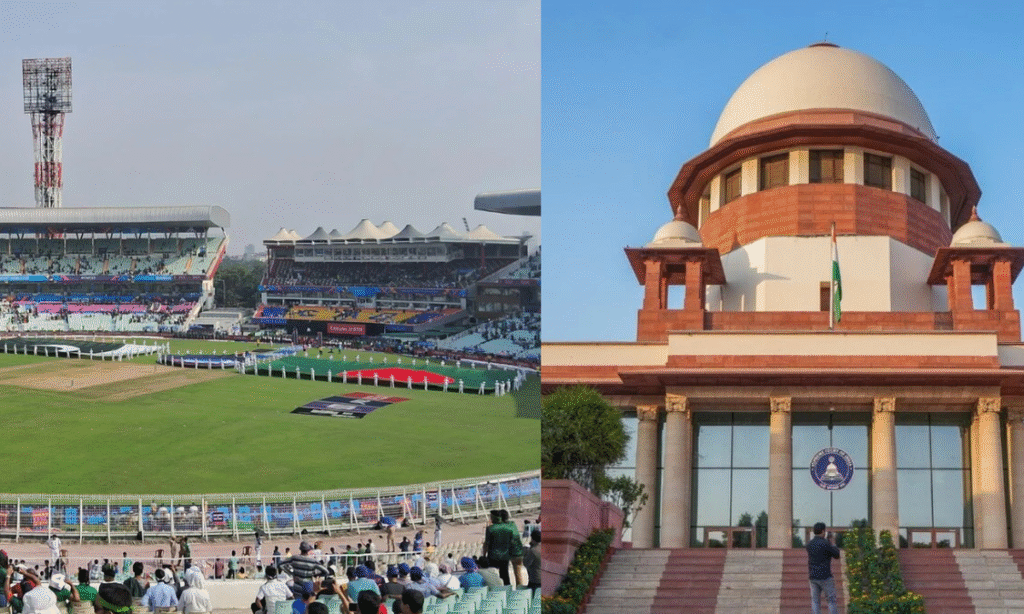The Supreme Court is set to examine whether match-fixing, though unethical, should be treated as a criminal offence. This comes in response to an appeal linked to match-fixing allegations in the Karnataka Premier League (KPL).
A bench comprising Justices Surya Kant and N Kotiswar Singh took up the matter on Tuesday and scheduled the hearing for July 22. The court also appointed Advocate Shivam Singh as amicus curiae to assist with the case, according to a report by Bar and Bench.
About the case
The case revolves around a few cricketers, including former Ranji Trophy and IPL players CM Gautam and Abrar Kazi, who were accused of fixing matches during the 2018 Karnataka Premier League (KPL) season. According to LiveLaw, the players allegedly took ₹20 lakhs from bookies to bat slowly in the final match, helping the Hubli Tigers win.
Karnataka Police had filed charges of cheating and criminal conspiracy against the players. However, the Karnataka High Court later cancelled the criminal proceedings.
While dismissing the case, the High Court said that although match-fixing may create a sense of betrayal among cricket fans, such feelings do not automatically make it a crime. The court added that match-fixing shows dishonesty and lack of discipline, and it’s the job of the BCCI (Board of Control for Cricket in India) to take disciplinary action in such cases.
The Karnataka government has approached the Supreme Court challenging the High Court’s decision to quash criminal charges in the 2018 Karnataka Premier League (KPL) match-fixing case.
In its earlier ruling, the High Court had stated that while the BCCI can take disciplinary action against players as per its bylaws, filing an FIR under Section 420 of the Indian Penal Code (cheating) is not justified in such cases. The court observed, “Even if all the allegations in the charge sheet are accepted as true, they do not amount to a criminal offence.”
This case is now before the Supreme Court, which will decide whether unethical conduct like match-fixing should be treated as a criminal offence or handled solely by sports governing bodies such as the BCCI. The verdict could set a crucial precedent for how such cases are dealt with in the future.
You might also be interested in-‘Tu bahar mil’: Man threatens judge in courtroom after she rules against him

